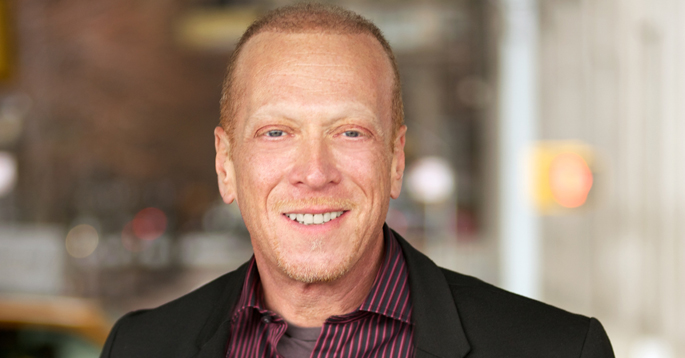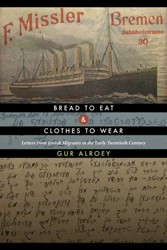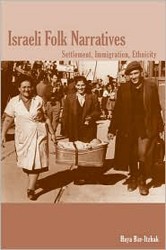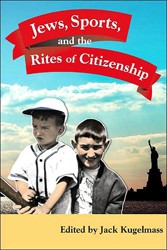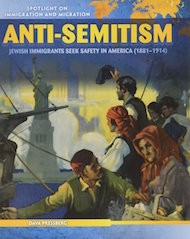with Barbara M. Bibel
A. J. Sidransky’s novels Forgiving Máximo Rothman and Forgiving Mariela Camacho combine history and mystery to provide readers with excitement and a look at important issues. His main characters, New York City Police detectives Tolya Kurchenko and Pete Gonzalvez, represent two of the immigrant communities living in Manhattan’s Washington Heights; despite their different backgrounds, they are close friends, solving difficult cases, supporting each other, and dealing with complex family issues.
Barbara Bibel: Both of your Forgiving novels deal with immigrants and refugees in different eras. One deals with refugees during World War II, the other deals with Soviet Jews; both deal with the Dominican community. How do these experiences differ?
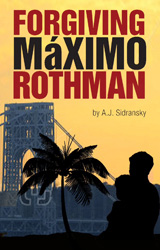 A. J. Sidransky: I wanted to write about immigration. When I moved to Washington Heights, I encountered three immigrant communities: German Orthodox Jews who moved there in the 1930s, Dominicans, and Russian Jews from the former Soviet Union placed there by the Hebrew Immigrant Aid Society (HIAS). Later Generation X‑ers started to move in. None of these groups interacted. Each community was trying to recreate its former life, a bit of home in a faraway land. They all want the same thing: a better life. They arrive with high expectations, but the new place is never what they expect. When they go back for a visit, it is never the same.
A. J. Sidransky: I wanted to write about immigration. When I moved to Washington Heights, I encountered three immigrant communities: German Orthodox Jews who moved there in the 1930s, Dominicans, and Russian Jews from the former Soviet Union placed there by the Hebrew Immigrant Aid Society (HIAS). Later Generation X‑ers started to move in. None of these groups interacted. Each community was trying to recreate its former life, a bit of home in a faraway land. They all want the same thing: a better life. They arrive with high expectations, but the new place is never what they expect. When they go back for a visit, it is never the same.
BB: Where did you get the idea for this series?
AJS: Máximo’s story is actually based on my uncle’s life. He and his wife escaped the Nazis, ended up in an Italian camp, and went to Sosúa, Dominican Republic. He lost the rest of his family. The story of the Jewish refugees in the Dominican Republic is not well known and my books give readers an opportunity to learn about it.
The story of Mariela Camacho is based on more current events. There is no stability in the Dominican Republic: corruption is rampant and there are no jobs. Since 1961, Trujillo’s successors have ruled, pocketing any foreign aid that comes in, so the only opportunity for earning money is drug trafficking to the United States, Spain, and Italy, through the Dominican communities abroad.
BB: Families are important in your books: Pete’s wife, Glynnis, has to contend with his infidelity; Tolya and Pete both have father issues; Máximo and his son, Shlomo, have a difficult relationship because Shlomo has become observant. How do you deal with such complex relationships?
AJS: Families are the source of stability as well as the source of conflict. My characters illustrate both of these. Both Tolya and Pete are immigrants. This is a basis for bonding. Add to this the fact that they are partners in the police department and they become brothers. Both of them also have father issues: Tolya’s father was ruthless and abusive; Pete’s was absent — is uncle Polito served as a surrogate father, but he is a criminal, which makes the relationship very complex. Both men are very devoted to their wives and children, despite Pete’s problem with fidelity. I plan to write a third book, Forgiving Steven Redman—who becomes Shlomo Rothman — to address that story.
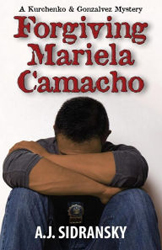 BB: Jewish identity is a very strong element in your books. Is it an important issue for you?
BB: Jewish identity is a very strong element in your books. Is it an important issue for you?
AJ: Yes. The Jewish community today is too divisive. Intermarriage is a fact of life today. We need to stop worrying about how Jewish a person is and start welcoming people if we are to survive; we need to be more inclusive and accepting.
BB: Have you spent time in the Dominican Republic?
AJS: Yes, I go every year, to Sosúa. The country is very poor and there is little opportunity there because the government is corrupt, but the people are warm and welcoming.
BB: How do you research your stories? Do you work from an outline, or do you let your characters drive?
AJS: I always have a general idea for my stories, but I let the characters dictate the plot. I did not know who the murderer was until I was two-thirds of the way into the story of Máximo Rothman. And I do extensive research; I used my uncle’s stories and read three books on Sosúa for the Forgiving books. The project dictates the research, but I do not take too much liberty with history.
BB: Your novels are crossovers. They are marketed as mysteries, but they are also historical novels. You use flashbacks very effectively to tell your stories. Do you feel a need to label them?
AJS: Not at all! I find it is much harder to get my books published because they are crossovers. Publishers like to fit them into a specific niche; I prefer that they not be formulaic. I hope that this will change, and that the publishing world will become more open to non-traditional formats.
Barbara M. Bibel is a librarian at the Oakland Public Library in Oakland, CA; and at Congregation Netivot Shalom, Berkeley, CA.
Related Content:
- Daniel Torday: Dominica
- We Followed the Turtles: An excerpt from The Marriage of Opposites by Alice Hoffman
- Dominican Haven: The Jewish Refugee Settlement in Sosua, 1940 – 1945
